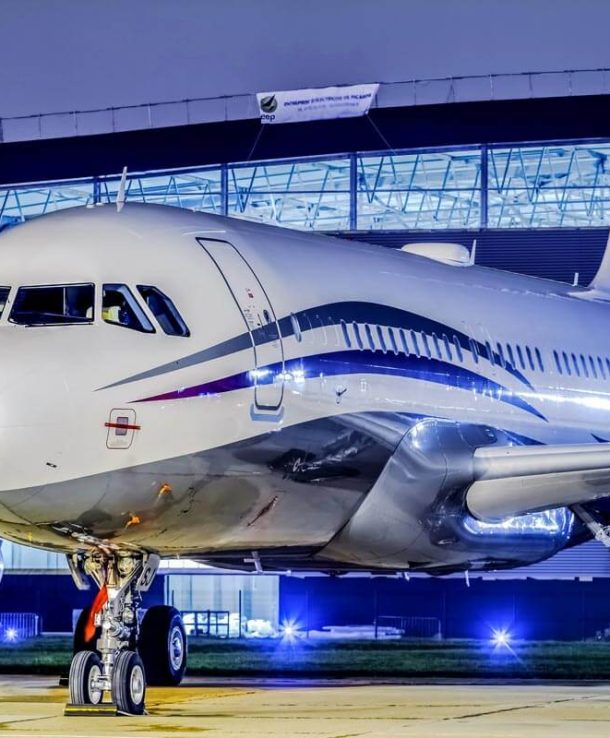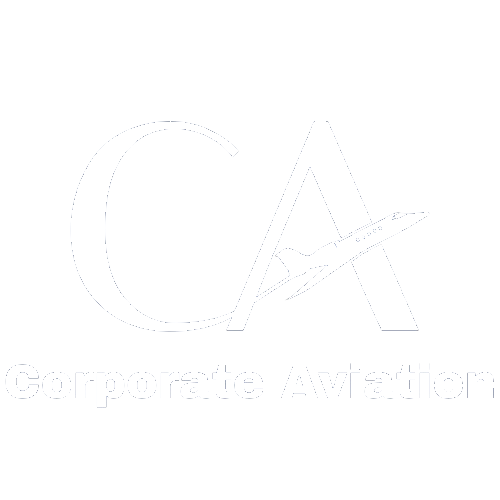Safety
What Are ARGUS and WYVERN Charter Safety Ratings?
When Corporate Aviation chooses an operator for your flight, we prioritize aircraft with Safety Ratings. Regardless of when or where you’re flying, Corporate Aviation believes safety is paramount.
In the charter aviation industry, there are 3 trusted third-party safety rating agencies. The Aviation Research Group United States (ARGUS), International Business Aviation Council (IBAC), and the WYVERN rating systems help to set the highest safety standards. Though each serves a similar purpose, they each hold operators to varying standards and offer unique designations. A thorough understanding of these safety rating systems will help you make informed decisions when working with your Aviation Consultant.
What Is ARGUS?
ARGUS is an independent safety rating system, producing safety grades and maintaining records for thousands of aircraft and pilots. ARGUS International was founded in 1995 and is the most detailed source of third-party ratings for charter operations. If you’ve viewed safety documentation for chartered flights in the past, you may be familiar with ARGUS safety rating levels.
Below are requirements that operators must exceed to qualify for one of the ARGUS certificates…
Pilot-in-command
For the flight to receive a green status, the pilot-in-command must have:
- At least 3,000 hours total flight time.
- At least 1,500 hours of pilot-in-command time.
- At least 250 hours of pilot-in-command time for the aircraft type.
- An Airline Transport Pilot certificate.
- A type rating for the aircraft.
- A current first class medical certificate.
- A current instrument proficiency check, line check, and route check.
- A lack of significant accidents, incidents, and enforcement actions within the last three years.
- A salaried employment with the operator, not a contract.
These qualifications ensure a well-qualified, professional pilot for your chartered flight.


Second-in-command
The second-in-command must also meet strict standards for the flight to earn a green status. The second-in-command must have:
- At least 1,000 hours total flight time.
- At least 500 hours pilot-in-command time.
- A commercial and multi-engine instrument rating.
- Current second class medical certificate.
- A current instrument proficiency check, line check, and route check.
- A lack of significant accidents, incidents, or enforcement actions within the last three years.
ARGUS Gold
The ARGUS Gold rating indicates the charter operator meets or exceeds ARGUS standards — the company does not have outstanding safety issues or a poor safety history. To qualify for a Gold rating, the charter operator must have:
- An operating certificate of at least a year.
- At least one turbine aircraft on certificate.
- A historical safety analysis.
- A pilot background check.
- An aircraft operational control validation.


ARGUS Gold Plus
Gold Plus represents an upgrade from Gold. To earn a Gold Plus rating through ARGUS, the operator must meet all the standards to achieve Gold, along with an ARGUS on-site safety audit or registration with the International Standard for Business Aircraft Operations. The audit must result in uncorrected findings to qualify for Gold Plus.
ARGUS Platinum
The highest ARGUS rating level is Platinum. To achieve a Platinum rating, the operator must meet all the standards of Gold Plus, as well as have an emergency response plan and a functioning safety management system. The emergency response plan must be clear and easy to follow, and the safety management system must be well-developed. Only operators with the most effective policies and procedures and excellent records can hope to earn an ARGUS Platinum rating.

What Is the WYVERN Rating System?
WYVERN is another independent company supplying ratings and certifications. The company creates and updates safety criteria and conducts regular audits. It also provides safety intelligence data, leader training, and software solutions. Through WYVERN, charter operators achieve certification.
What Is the WYVERN Wingman Certification?
The WYVERN Wingman program offers safety certification for charter operators. WYVERN Wingman operators show an elevated commitment to safety. They have to meet strict criteria, undergo regular audits, and keep WYVERN updated about any operational changes to maintain their Wingman status. WYVERN registration and Wingman certification are not equivalent.

Registered
To be WYVERN Registered, an operator must simply supply WYVERN with their records, which WYVERN makes available to clients. Registered operators maintain accurate, detailed, and accessible records. The WYVERN Registered program offers improved visibility among brokers, corporations, and other operators. It also helps reduce legal liability and ensure safety.
Certified
Not all WYVERN registered operators have Wingman certification, which involves compliance with much more stringent standards. Earning the status of a WYVERN Wingman operator requires:
- Minimum piloting hours.
- An initial audit, including an on-site, two-day safety advisor visit.
- Follow-up audits every 24 months.
- Regular updates about operational changes.
WYVERN often updates its Wingman standards. Certification is an ongoing process. Operators that earn Wingman status have access to WYVERN’s safety data and Aviation Compliance Enhancement System.

How Do ARGUS and WYVERN Ratings Compare to IS-BAO?
Another system for charter safety ratings is the International Standard for Business Aircraft Operations (IS-BAO), first developed in 2002. IBAC created this standard to establish best practices among operators. It’s accepted worldwide as a benchmark for aircraft safety. The guidelines it provides are based on the International Civil Aviation Organization (ICAO) and its Standards and Recommended Practices (SARPS). IBAC is always improving IS-BAO standards, seeking input from aviation organizations. To qualify for IS-BAO certification, an operator must:
- Meet Safety Management System (SMS) requirements.
- Undergo regular audits, each of which takes place over several days.
- Hold up to scrutiny about personnel, training, maintenance, security, and other standards.
After conducting regular audits and evaluating an operator’s safety standards, the IBAC awards companies with certification at Stage One, Two, or Three, in ascending order:
- Stage One: At IS-BAO Stage One, an operator has demonstrated the establishment of an appropriate SMS.
- Stage Two: It takes several years to reach Stage Two, which shows effective and ongoing management of safety risks.
- Stage Three: Maturing to IS-BAO Stage Three shows an ingrained and evolving safety management culture.
What Do the Safety Ratings Mean for Corporate Aviation Clients?
Your personal private jet consultant will work with you to ensure you understand the safety certifications behind each aircraft presented to you. Corporate Aviation is also able to provide certifications upon your request. Our uncompromised focus on safety will provide yourself and your guests with the ease of mind required to truly enjoy your travel experience.
